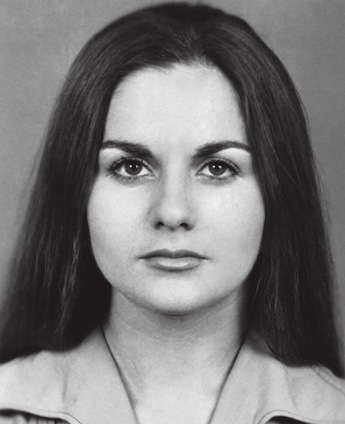






On May 29th, 1983, María da Penha Fernandes, a Brazilian pharmacist and victim of domestic violence, returned from work and went to bed for the night. Unlike other nights, however, María’s husband shot her with his revolver as she slept, causing her to become paraplegic.
Because she was too afraid to obtain a divorce or even a legal separation, she returned home two weeks later only to have her husband once again try to kill her, this time by electrocuting her. Afterwards, María sought out legal assistance. Despite the vast evidence against her husband, the Brazilian justice system re-victimized María by taking 19 years to arrest and incarcerate her husband.
Given the pattern of impunity reflected in the justice system’s response to such attacks, CEJIL and the Latin American Committee for the Defense of the Rights of Women (CLADEM) presented a case before the Inter-American Commission of Human Rights (IACHR).
The case of María da Penha demonstrates the patriarchal culture that exists in Brazil, which favors men in marital relationships. In this context, situations of domestic violence are perceived as acts reserved to the private sphere and not as a public issue or a violation of human rights.
Case Impact
Help us continue this critical and urgent work with a donation!
DONATE NOW